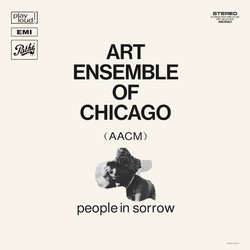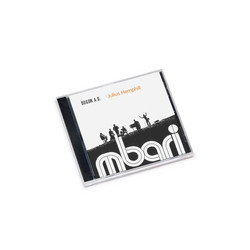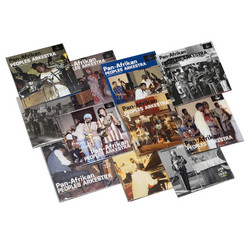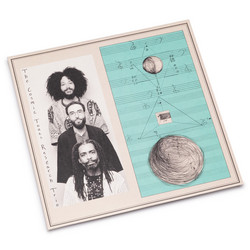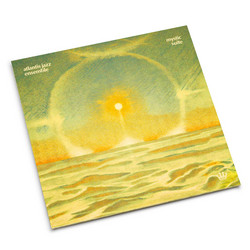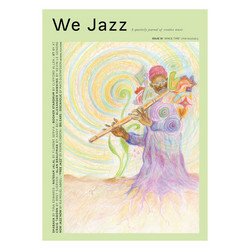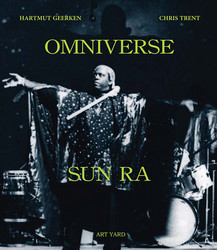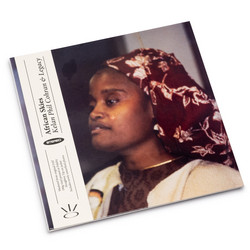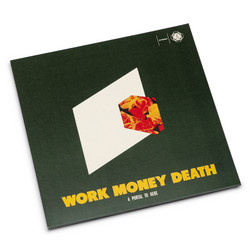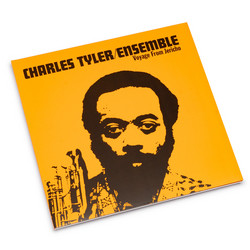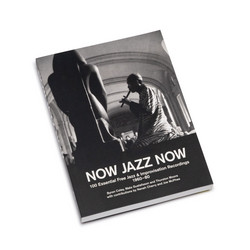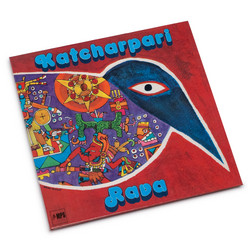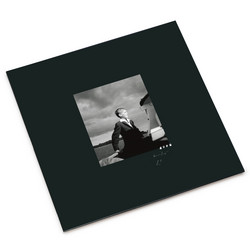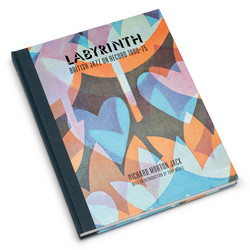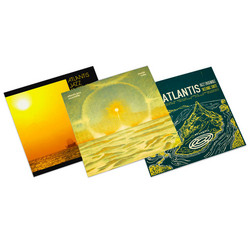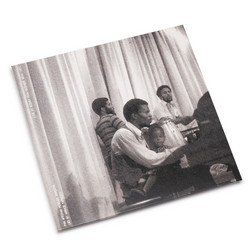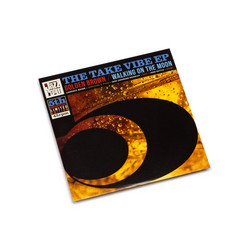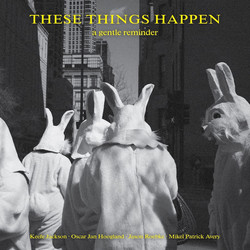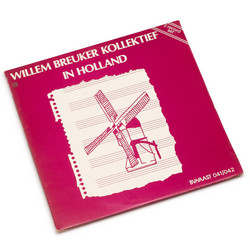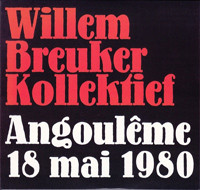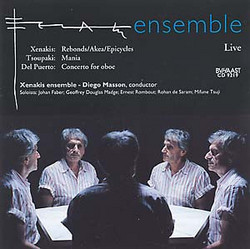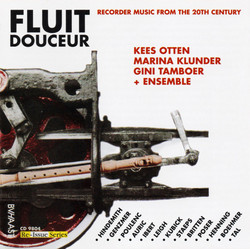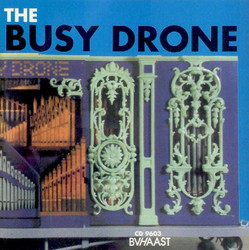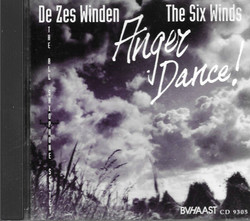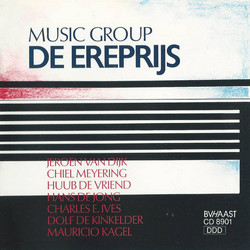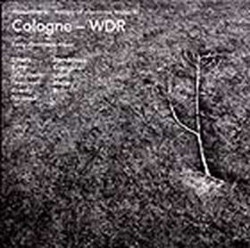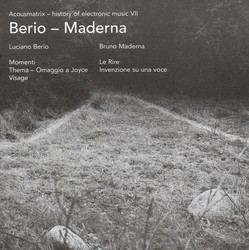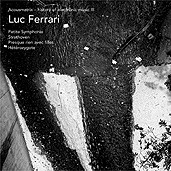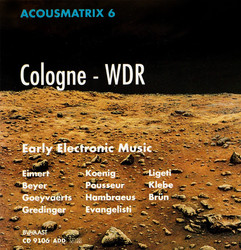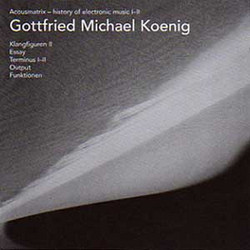Willem Breuker Kollektief
Out Of The Box (11CD Box)
One full disc is devoted to a performance from 1980 in Angoulême, France—it was previously issued as a limited-edition double CD—while an even more sizzling live set taped in Umeå, Sweden, in 1978 has never been previously available. On these discs, there’s no missing the mix of manic energy and sleek precision the group routinely achieved, swinging like mad and playing rich, contrapuntal arrangements. Improvisations often veered deep into free-jazz terrain, and sometimes they went beyond, blurring the line between parodic ineptness and Dadaist silliness. The French concert features an extended vacuum cleaner solo by trumpeter Boy Raaijmakers, and there are stretches of uproarious laughter as the audience responds to some physical humor invisible to the listener.
Another disc highlights Breuker’s love of strings, mixing original pieces and suites adorned with lush arrangements, including some played by the Mondriaan Strings—both as a complement to the Kollektief’s freewheeling performances and as a central facet.
There are romantic, unabashedly sincere readings of classic material by Gershwin (“Rhapsody In Blue”), Kurt Weill and even an adaptation of “Sensemayá,” by the 20th-century Mexican composer Silvestre Revueltas. Another disc features work Breuker’s ensemble created for various Amsterdam theater companies and films.
That interest in film scoring reached its apotheosis in 2003, when the Parisian Cité de la Musique commissioned him to write a new score for a digitally restored version of F.W. Murnau’s classic 1926 silent film Faust. The group premiered the work in Paris and performed it a few times—and a handful of individual pieces were eventually incorporated into the Kollektief’s live sets—but this is the first time the full score has ever been issued, and it largely holds up on its own without the visual component.
The final two discs in the set are called “Happy End” and document the program the band put together as the final farewell to Breuker. It’s a career- and style-spanning program that the Kollektief performed 22 times around the Netherlands in the last months of 2012. Packaged in a container shaped like a cigar box, the discs are accompanied by an 84-page spiral-bound book with detailed annotations of every track by Hunnekink and Gorter and an assortment of essays from music journalists, festival directors and fans—all larded generously with a dazzling array of photographs. It’s a heady collection, and music this packed with ideas can make for a taxing listening experience, particularly with Breuker’s tendency to front-load his music and leave little breathing room. Still, the set provides a dynamic portrait of his diverse work and it offers a needed corrective to the story of Dutch jazz.
